Projects
Supporting care with an Emotion Intelligent Care Robot
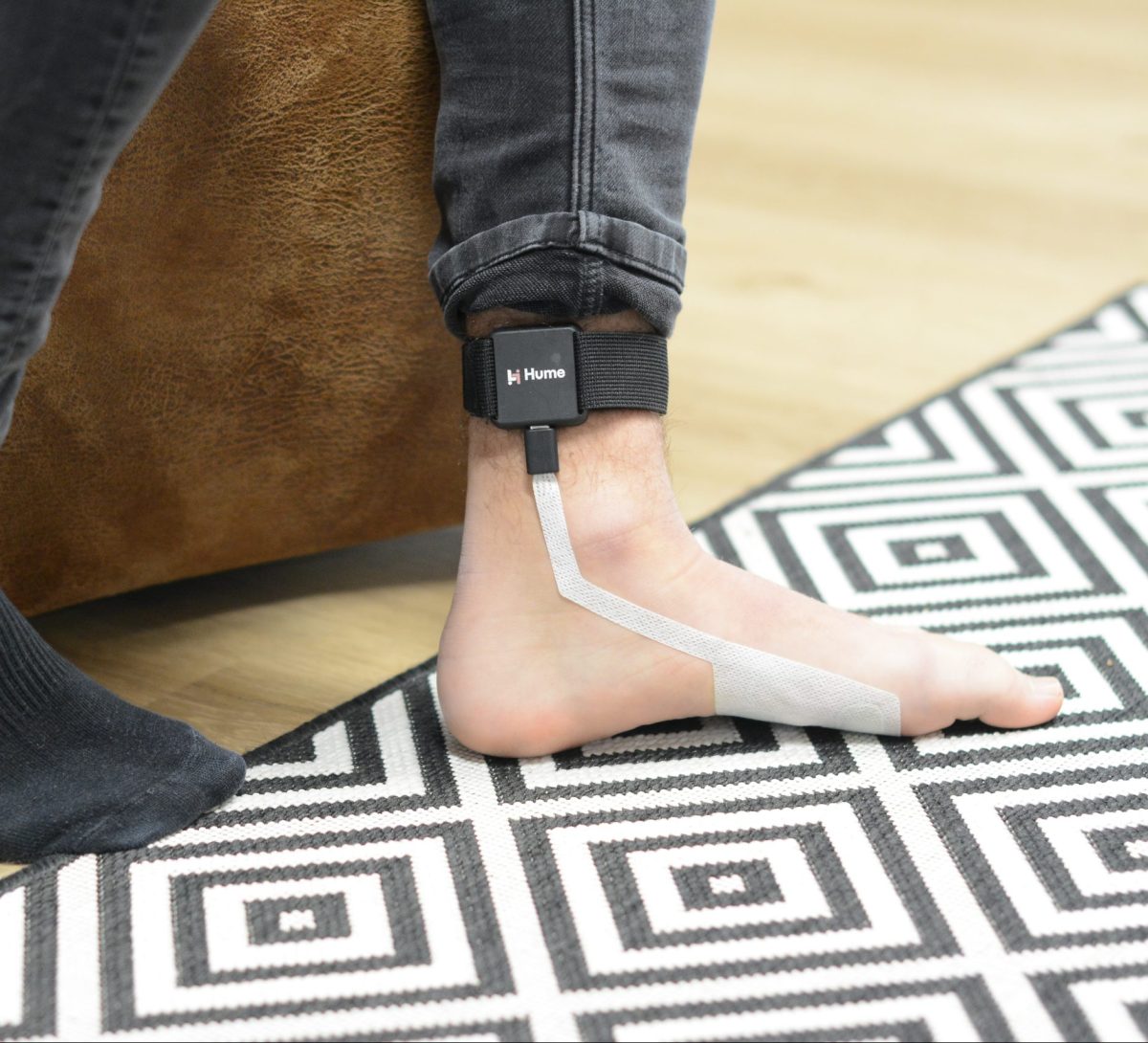
The Emotion Intelligent Care Robot project seeks to develop an autonomous robot to assist people with dementia or intellectual disabilities, who often exhibit misunderstood behavior due to stress. The robot, developed by Mentech and Sara Robotics, uses a smart sensor platform to detect and respond to stress, allowing for more personalized care and potentially reducing the workload of healthcare workers. It will be tested at two healthcare institutions with the goal of integrating it into the care process. The project emphasizes that care remains a human endeavor, with the robot serving as a tool rather than a replacement for healthcare workers.
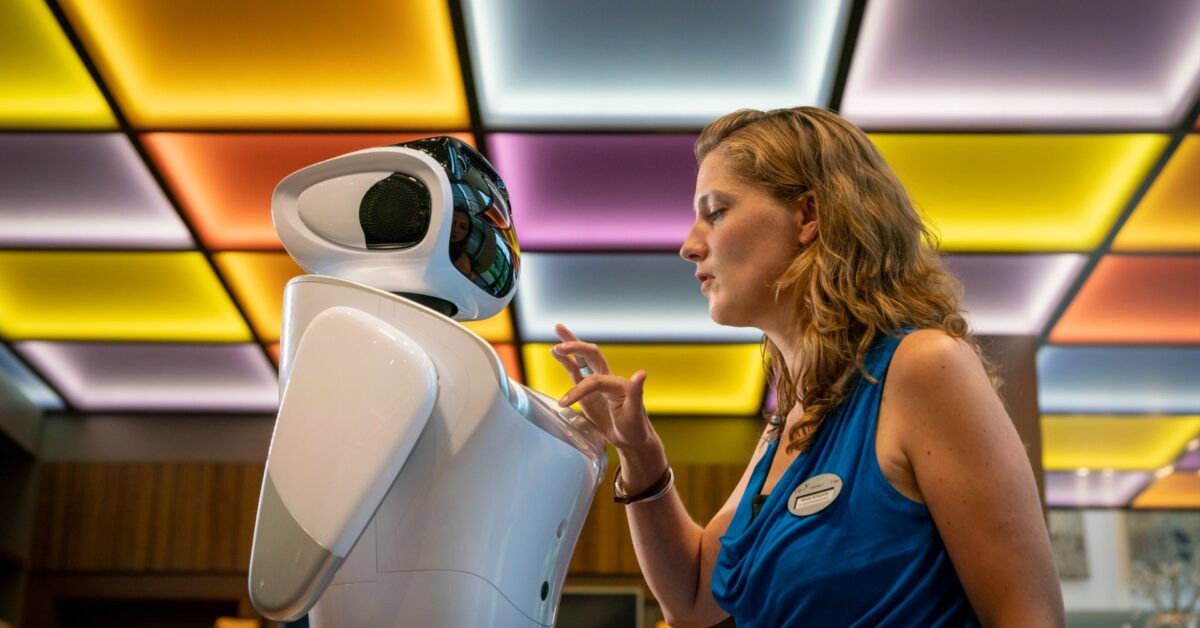









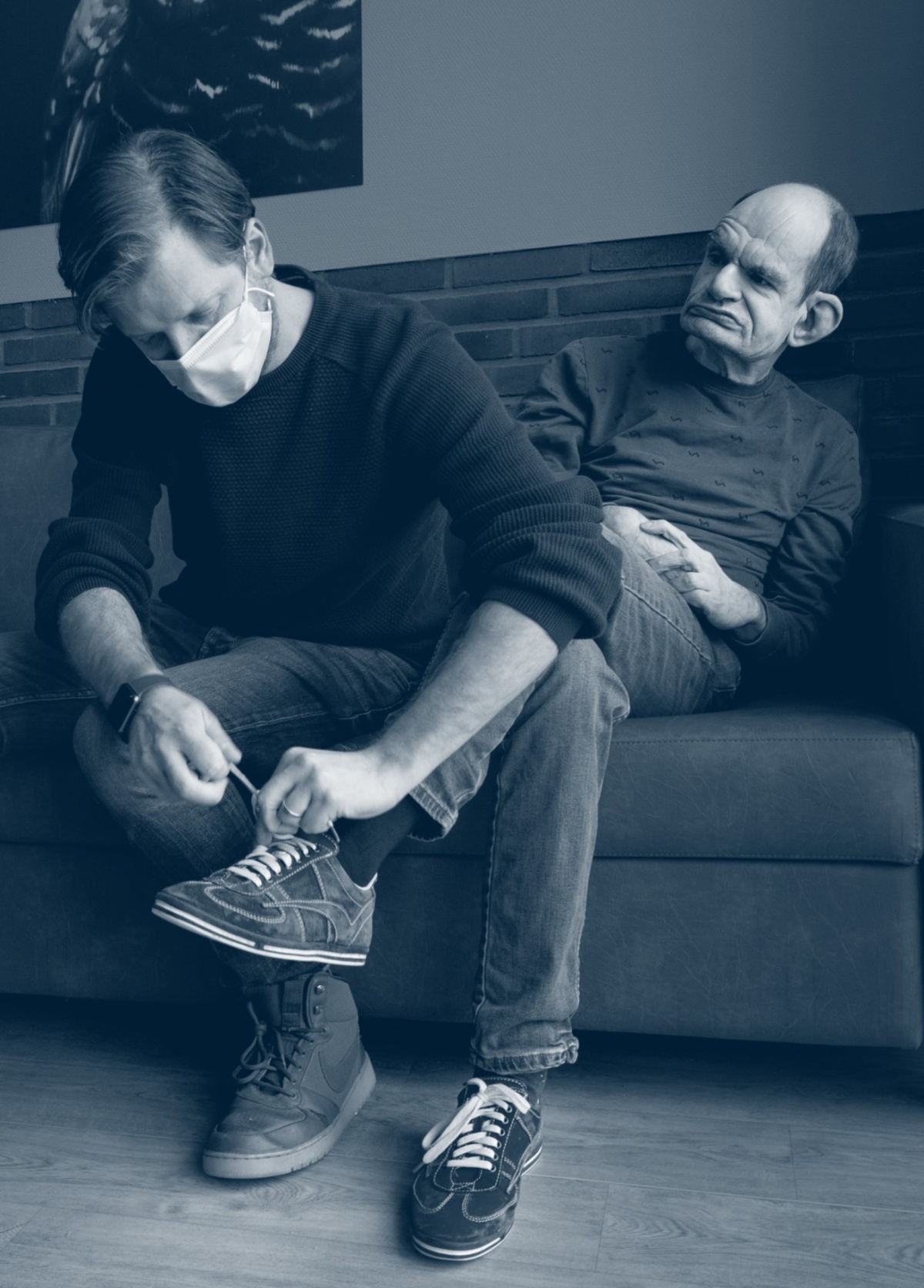
Stress detection via sensors in clothing for people with intellectual disabilities (IMDI)

The project is developing a prototype that can determine the build-up of stress in a person based on physiological measurements and behavioral models. The device will enable the identification of early signs of stress build-up in people with intellectual disabilities and dementia and alert the caregiver before the stress level reaches its critical point.
The project addresses the technical, behavioral and ethical challenges associated with its development and use. Also, the project addresses questions related to the implementation and acceptability of the tool in long-term care and its impact on quality of care.


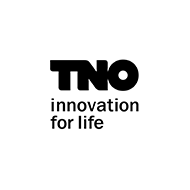
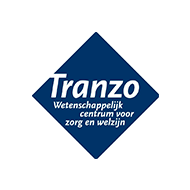







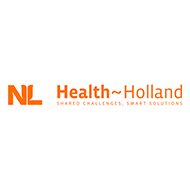

Elektrode-patch for skin conductivity (Smartees2)

The HUME is a streaming software platform for real-time stress detection, based on physiological parameters and artificial intelligence models. One of the most important physiological parameters for stress detection is skin conductance. The Smartees project develops a market-ready electrode patch to measure skin conductance on the foot of a client with severe intellectual disability or dementia. The business proposition and manufacturability of the electrode patch are addressed in the project.






Integrating stress recognition into a training module for people with dementia

The project develops a concept to use stress recognition in a training program for people with early-stage dementia. People with early-stage dementia can be helped with cognitive training. Training the brain with a serious game application slows down cognitive decline. Including the user’s emotional state enhances the training and thus slows down the decline.






Affective Manufacturing Systeem
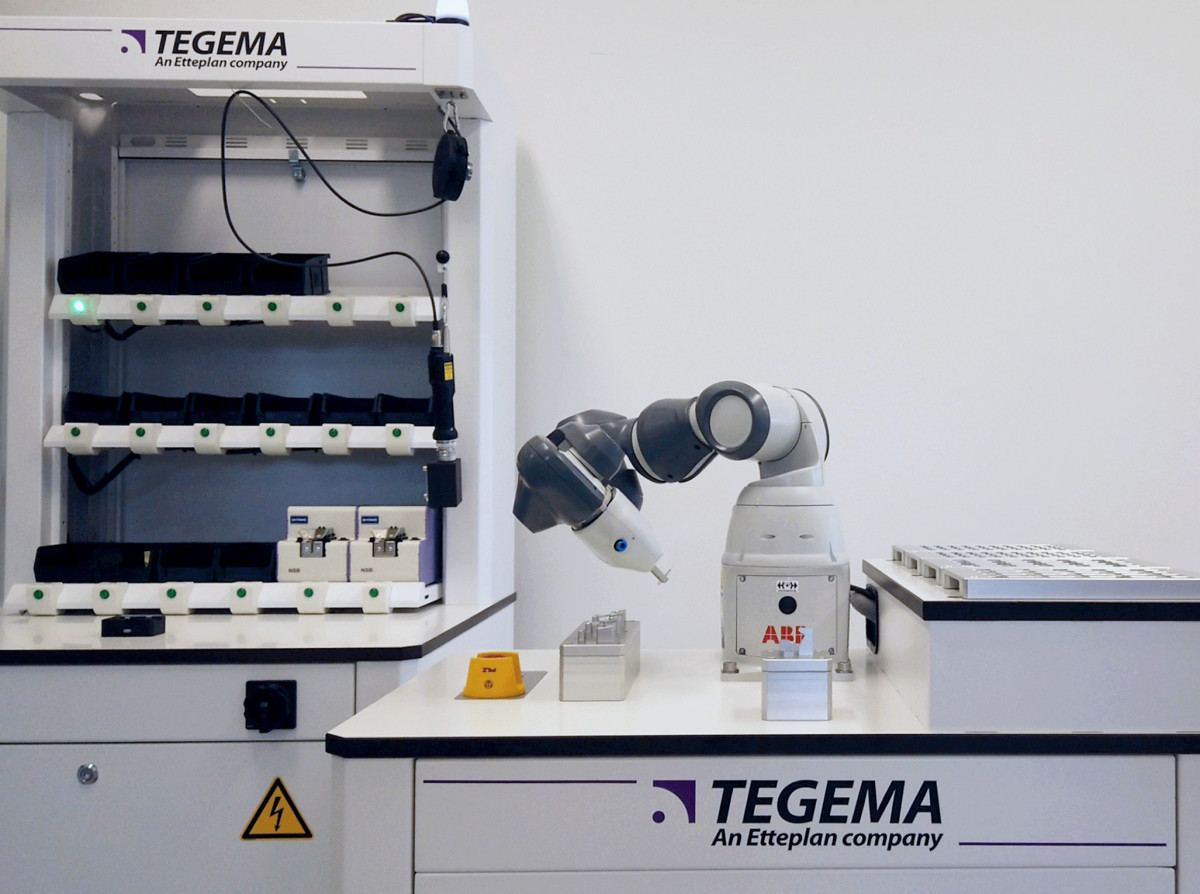
The Trinity project team from Mentech and Tegema has developed the Affective Manufacturing system. This involves an operator working with a cobot while performing a complex assembly task. The HUME is integrated to measure the operator’s emotion during a cobot-assisted assembly task for optimal operator engagement. This can improve both operator well-being and productivity.
Want to know more? Then contact us or watch the demonstration video on the Affective Manufacturing system.







Get in touch
We are always looking for partners to start an interesting project. Are you curious what we can do for each other? Then get in touch with us!

